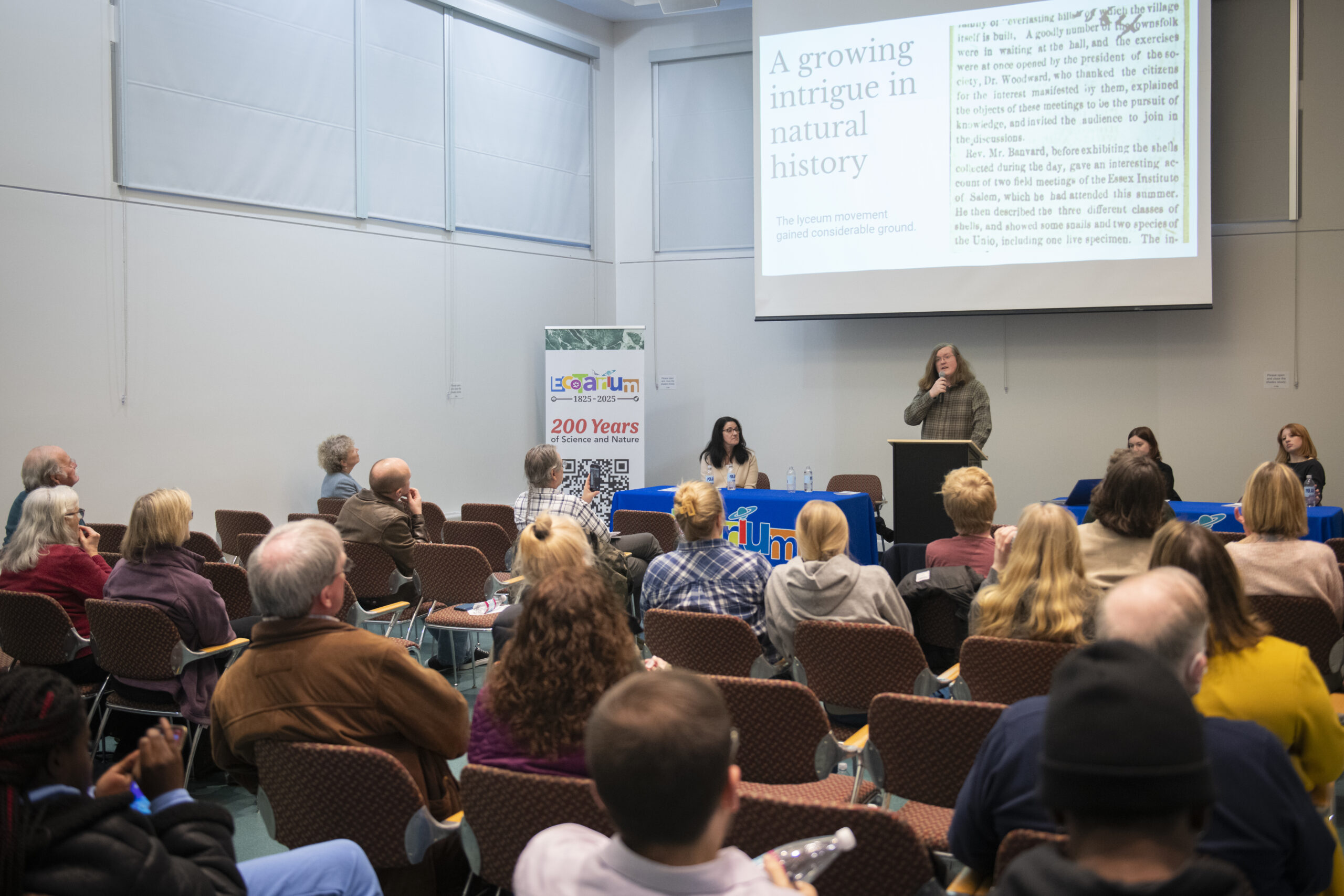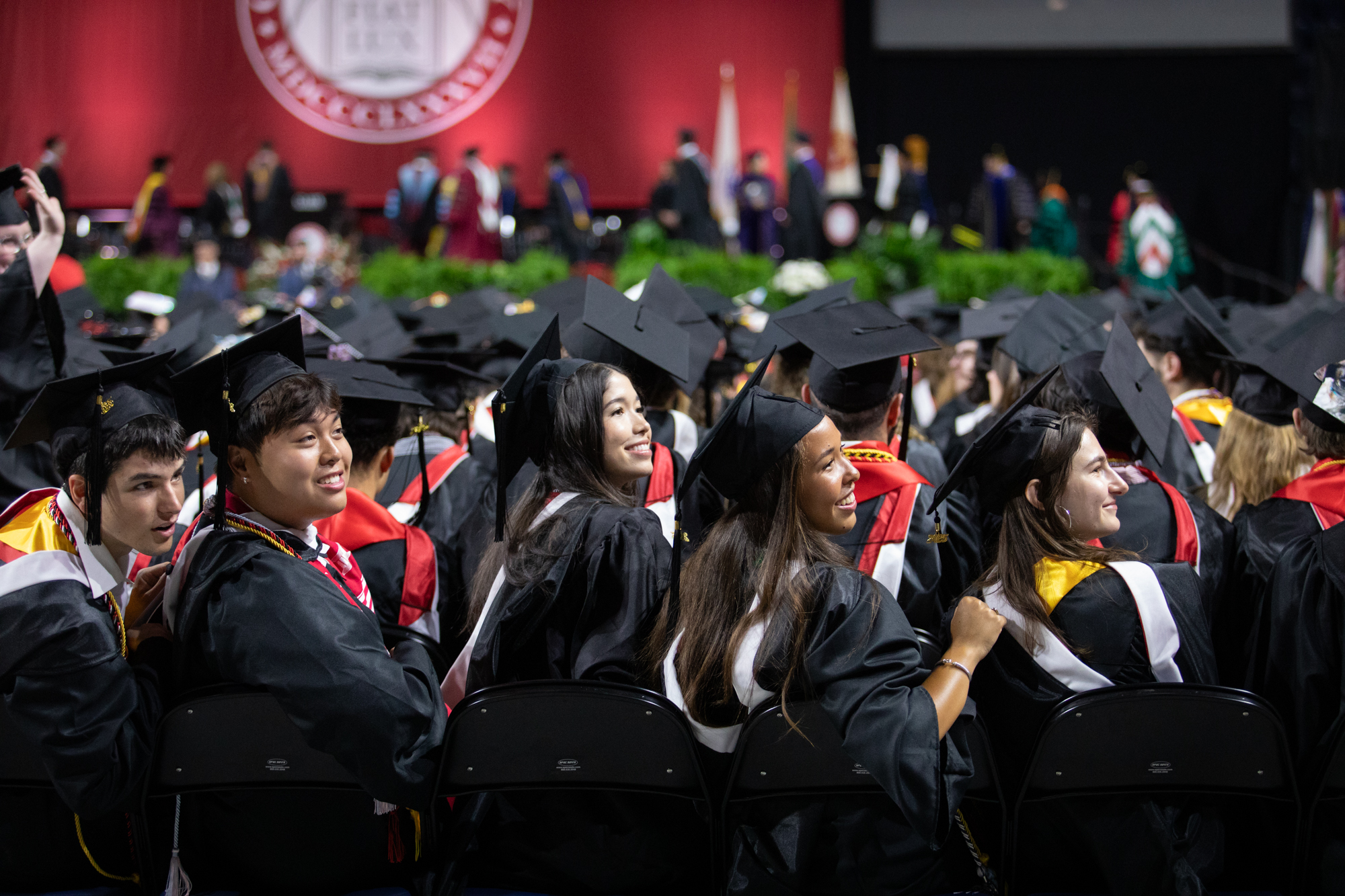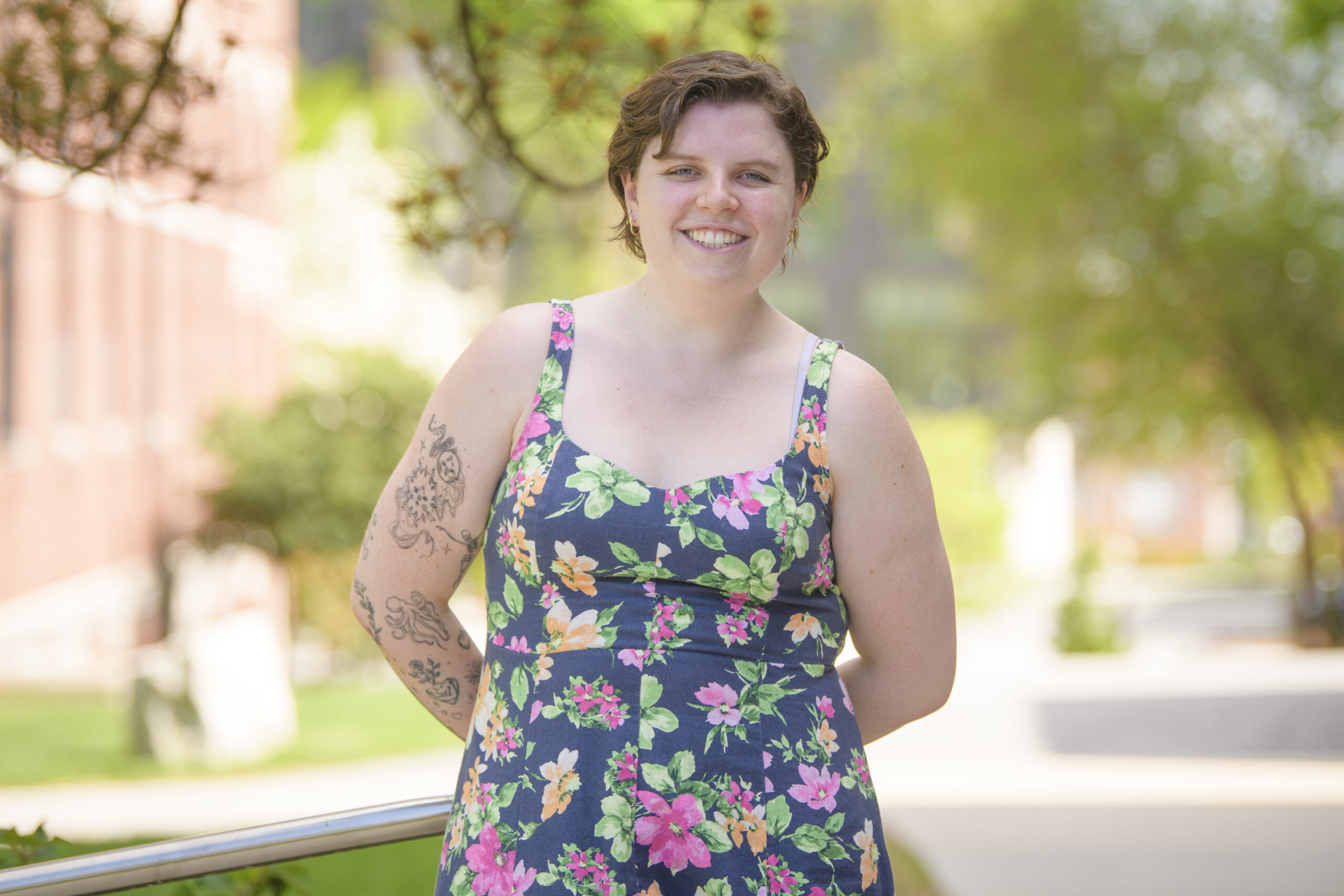Career Connections Center adopts hybrid model for upcoming semester
The past year has represented a substantial shift in the way organizations do business. For many employers, the move to virtual and hybrid workplaces is here to stay.
To prepare students for life after graduation, Clark’s Career Connections Center has pivoted accordingly, adapting much of its programming to a digital format and changing the way it connects students with opportunities.
“While many recruiters are eager to return to campus, employers also recognize the value of virtual recruiting in expanding their geographic reach and broadening their talent pool,” says Angela Harris, associate director of employer engagement. “Virtual programming has enabled our center to further develop existing partnerships throughout the pandemic and engage new employers who otherwise would not be able to attend in-person events.”
This past academic year, the CCC hosted a variety of virtual events that supported students’ career exploration and development goals, with an added focus on diversity and inclusion.
The Innovation, Impact, and Inclusion Fair last fall connected students with employers committed to advancing diversity, equity, and inclusion in the workplace and who strive to make a positive impact in the areas of environmental sustainability and social responsibility. Leading up to the event, the CCC held the Diversity and Inclusion in the Workplace employer panel to provide students with insights on how to evaluate an organization’s commitment to DEI as they seek jobs.
The CCC also co-facilitated programs with The Office of Multicultural and First Generation Student Support’s ACE Summer Institute, as well as with several biology faculty in their Making Clark Work for You series. The new program supports BIPOC and first-generation students interested in STEM fields. Additionally, the CCC highlighted employers that sponsor international students and added career strategies for international students, DACA/TPS recipients, and undocumented students in its workshops.
“This year, we made support of historically underserved communities a bigger focus than ever before, with the goal to welcome and support the unique needs of every student,” says Michelle Flint, director of career development. “I’m very proud of these initiatives and I’m looking forward to doing even more in the upcoming year to create equity and justice through our work.”
In December, students connected with employers hiring for job and internship opportunities during the Psychology Career and Exploration Fair. Virtual events continued into the spring semester with the STEM Career and Exploration Fair and CCC’s final event, the Just in Time, All Majors Virtual Career Fair.
“My favorite part of the Just in Time, All Majors Virtual Career Fair was that the small nature of the group sessions and one-on-ones let me connect directly to the employers, so I had the employers’ full attention,” says geography major Morgan Dufour ’21.
For Pam Brown ’91, business manager at Community Software Group, the STEM event provided “an easy way to touch base with students, answer questions, and explore whether their skills are a good match for following up with an interview.”
Juniors and seniors were able to take advantage of the CCC’s annual Life After Clark Conference, which included workshops on Career Design, Strategies to Manage Job Search Anxiety, and Smart Finances After College, to name a few, and hosted an array of professional and alumni guest speakers. By pivoting to a four-day virtual event, the CCC tripled the number of alumni guest panelists and added three separate keynote speakers to the conference lineup, Flint says.
Overall, 346 distinct student participants attended virtual careers fairs during the 2020–21 academic year, with 978 unique employer-student connections made across all fairs. Out of 76 participating employers, organizations included NASA DEVELOP, Verité, Peace Corps, The Key Program, Hanover Insurance Group, eClinicalWorks, American Red Cross, Mass Trial Court, Mass Department of Environmental Protection, Amgen, GBH, Horizon Media, and Mass General Hospital.
“We adapted our entire office to virtual formatting, offering virtual advising and virtual events almost every week of the year, and encouraged virtual internships and projects,” Flint says. “While we look forward to working in person with students again and building those human connections, we plan to keep the benefits of virtual programming wherever possible.”
The CCC plans to keep virtual options for programming, including Life After Clark and the ClarkCONNECT Alumni Job Shadow Program, and will offer virtual events featuring alumni and employers who want to work with Clark students but are unable to visit campus.
This year, 109 students applied to the virtual Alumni Job Shadow Program, resulting in a 156% increase from last year’s student participation. As students struggled to find career-related opportunities in the wake of rescinded internship offers, hiring freezes, and limited openings, the program became a popular option for students seeking fully remote career exploration experiences.
Alumni stepped up to provide remote job shadow opportunities at organizations such as The Bill of Rights Institute, Boston Public Schools, USDA Forest Service, American Cancer Society, and the United Nations Institute for Training and Research.
In past years, Flint says, students were limited by geographic location when selecting an alumnus to shadow. The virtual format has eliminated that barrier and enabled the CCC to add more alumni hosts than ever before and double the number of participating students. The CCC, she notes, was incredibly grateful to have so many alumni volunteers make themselves available during a challenging year.
“We look forward to continuing virtual programming for the fall 2021 semester and offering a hybrid model of both virtual and in-person events aimed at supporting students’ career exploration goals and engaging students with employers and alumni from all over the world,” Harris adds.





